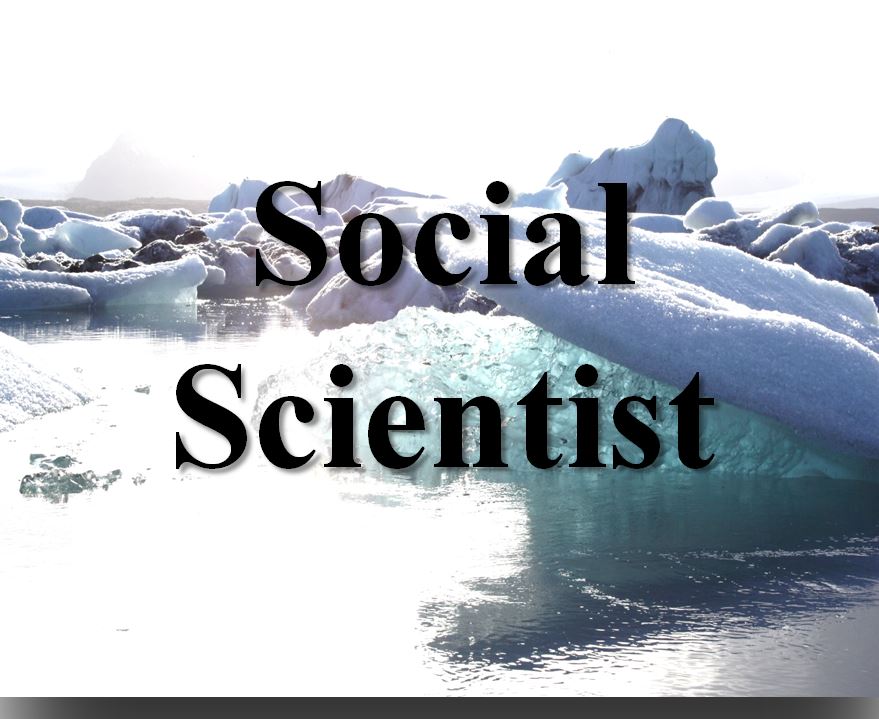Life can be hard sometimes. Especially when you are a reef coral, a unicellular dinoflagellate algae in perfect symbiosis with your host. We are happy to share photosynthetic and metabolic products in exchange for CO2 and nutrients. We proudly consider us part of the most diverse of all marine ecosystems, teeming with life and history. (The Great Barrier Reef, as it exists today, began growing about 20,000 years ago!)
But neither our diversity nor our heritage can save us from severe health issues. We are sensible to heat and acidity, we need the right conditions to thrive and dwell. With ocean temperatures rising more quickly than any of us could have anticipated, we have been severely damaged. Under heat stress, corals expel the algae living in their tissues and turn completely white, a process you euphemistically named ‘bleaching’, as if we only changed our colour. But there is more to this: bleaching is our call for help. We experience more stress, we are subject to mortality – unless water temperatures return to normal quickly.
We do not like to admit that, but we have come to a stage where our survival does not lie in our hands anymore but depends on human actions. We are not independent of anthropogenic forcing. Some of us might be able to evolutionary adapt to these drastically changing conditions. However, it is uncertain how many of us and how quickly we will be able to cope with this unprecedented pace of change.
When listening to you, humans, we fear our call has not been heard. Or it has been severely misunderstood. You do not seem to be able to cope with the uncertainties mother nature involves. Instead of acting to stop sea temperature rise and ocean acidification, pollution and overharvesting, you pump money into exploring our adaptation potential via “human-assisted evolution”. You do not ‘assist’. You unsolicitedly and stuporously mingle with our DNA.
At least, you are being honest. “Coral reefs have a certain contribution to our economy, but not the most important one. We have to keep the welfare of the whole country in mind. We will not hurt our economy twice, by investing into adaptation measures and reducing our exports of gas and coal.” If I hadn’t heard and seen you speak myself, dear politicians of West Australia, I would have believed you to be puppets of the God of neoliberalism, but even the economists were more progressive than you correctly stating that mitigation is also necessary (because climate change endangers economic growth). I would have loved to hear more about a symbiotic relationship of corals and humans, but all tries to bring up the strength of local and indigenous knowledge were overlooked or considered only half-heartedly, to appease and tame social scientists, NGOs and indigenous people.
I know, it is hard for you to adapt when it comes to changing lifestyle and policies. Your evolutionary potential is very limited, and very uncertain. We are sceptical towards your adaptive capacity, your transformative flexibility. But we cannot wait for you to introduce the necessary change. We have explored the scientific spectrum and developed promising options of growing modified versions of you in tanks and later planting them into existing or newly created human systems. How does that sound?


Dear Coral,
thank you very much for sharing your thoughts. It took a while to think about and digest them. We humans have a fundamental problem and adaptation to a new lifestyle will not solve your problems. We need to completely transform to a new “state” where any material prosperity is irrelevant, where competition is no longer an issue and where freedom is the result of inner maturity. That, however, dear coral, will take several generations. Until then there is only one solution – and that is to have some competition in morality: who uses the fewest resources, personally, within the group, within the institution, the country,…
In deep thought,
a human